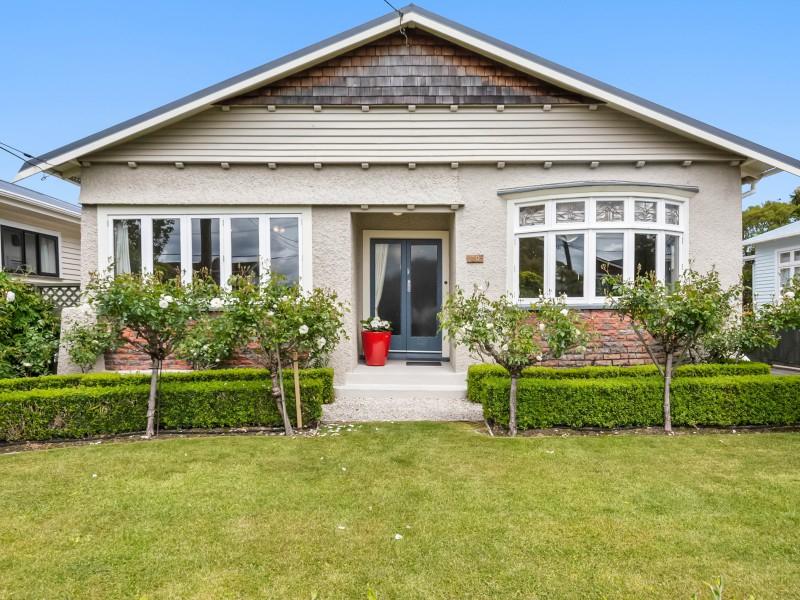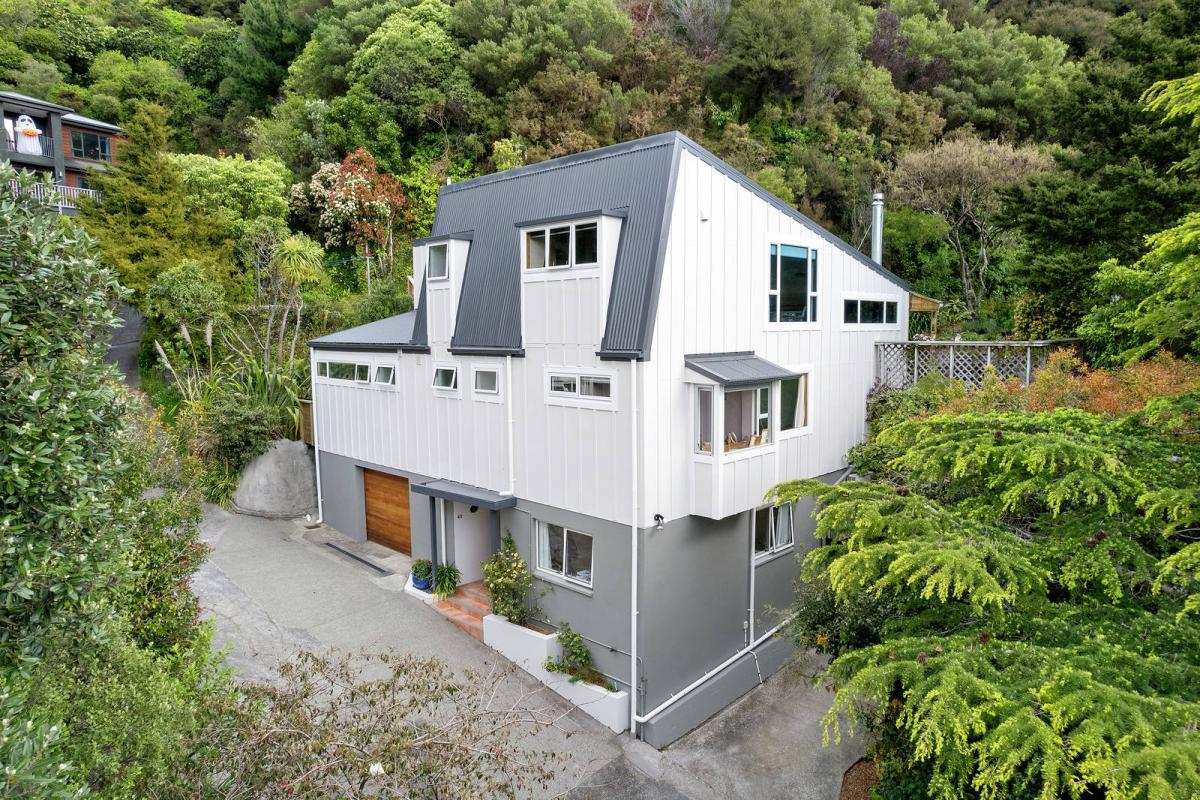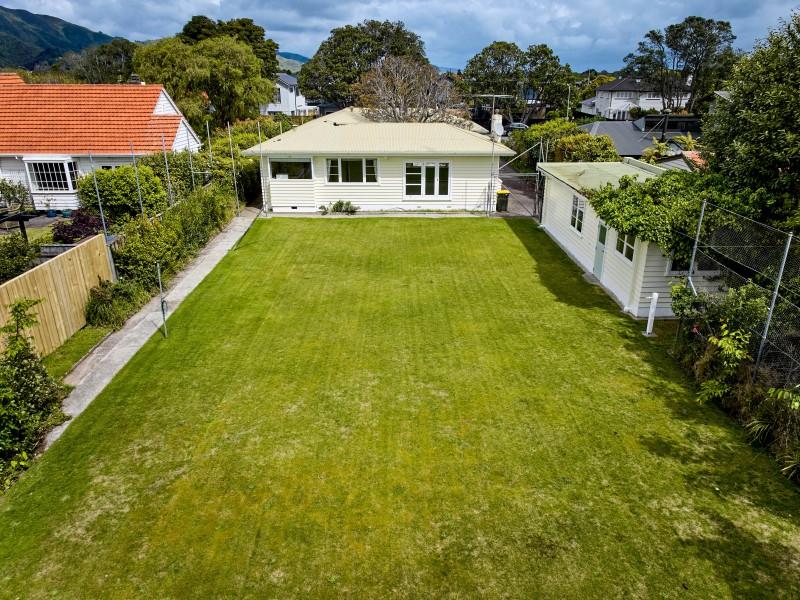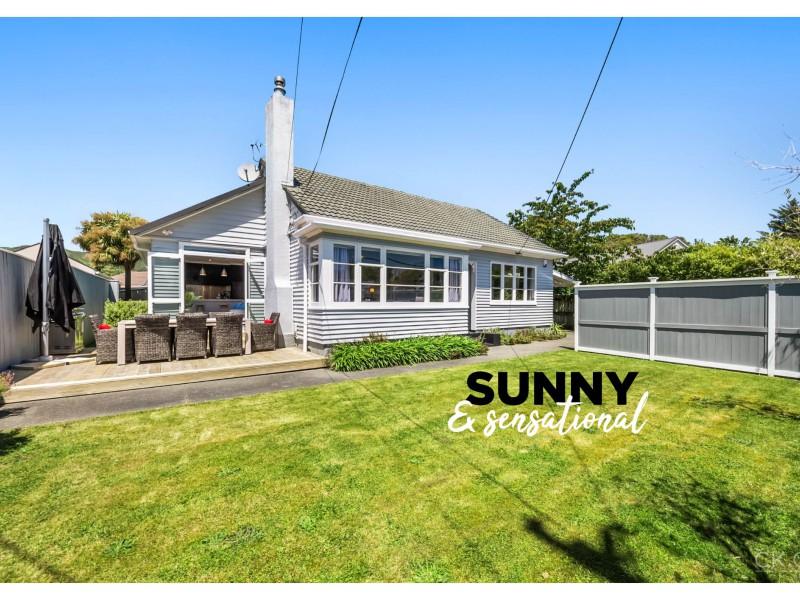Did Roman Blinds Come from The Romans?
Roman Blinds are one of the most popular blind styles available on the market today, but interestingly, their origins started rather differently to how we know it today…
Created more than 2,000 years ago in Rome (surprise, surprise!), essentially the concept of the Roman blind still remains the same today – to provide a simple solution to an everyday problem.
Introduced to The Eternal City in the ancient times, during the construction of the Colosseum, the Roman blind was invented out of pure necessity. Dust was constantly kicked up from the horse-drawn carriages and masonry remnants from the creation of the Colosseum, which was a nuisance and a huge inconvenience when windows were opened. Therefore, hanging a damp cloth from the windows seemed a natural solution to stop the dust from entering the home.
Once the blind (damp cloth) was well established in the home, it was soon discovered that as well as keeping the dust outside, it was also very useful in protecting against the very hot, Mediterranean sun and keeping their homes cooler.
The Romans are known for their love of elaborate decorations and the development of the Roman blind confirms this. They soon turned the damp cloths into ornate furnishing, with various patterns and colours to choose from, and once this was well established in the homes of many Romans, it became widespread throughout the whole Empire.
Following this, the strip of material then incorporated a drawstring, in order to lower and raise the blind as and when needed. The most common design of cord slats that interlinked is typical of Roman creativity, which came much earlier than even the simplistic roller blind.
Roman blinds remain a popular choice in modern homes. They’re available in a wide variety of styles and may be made from a range of materials, including bamboo, hemp, silk, reinforced cotton and other fabrics.
Roman blinds should be deep cleaned periodically. Unfortunately, they’re heavy and unwieldy to work with – and that’s where we come in. We can clean and repair your roman blinds – see out website if you’re interested in finding out more.
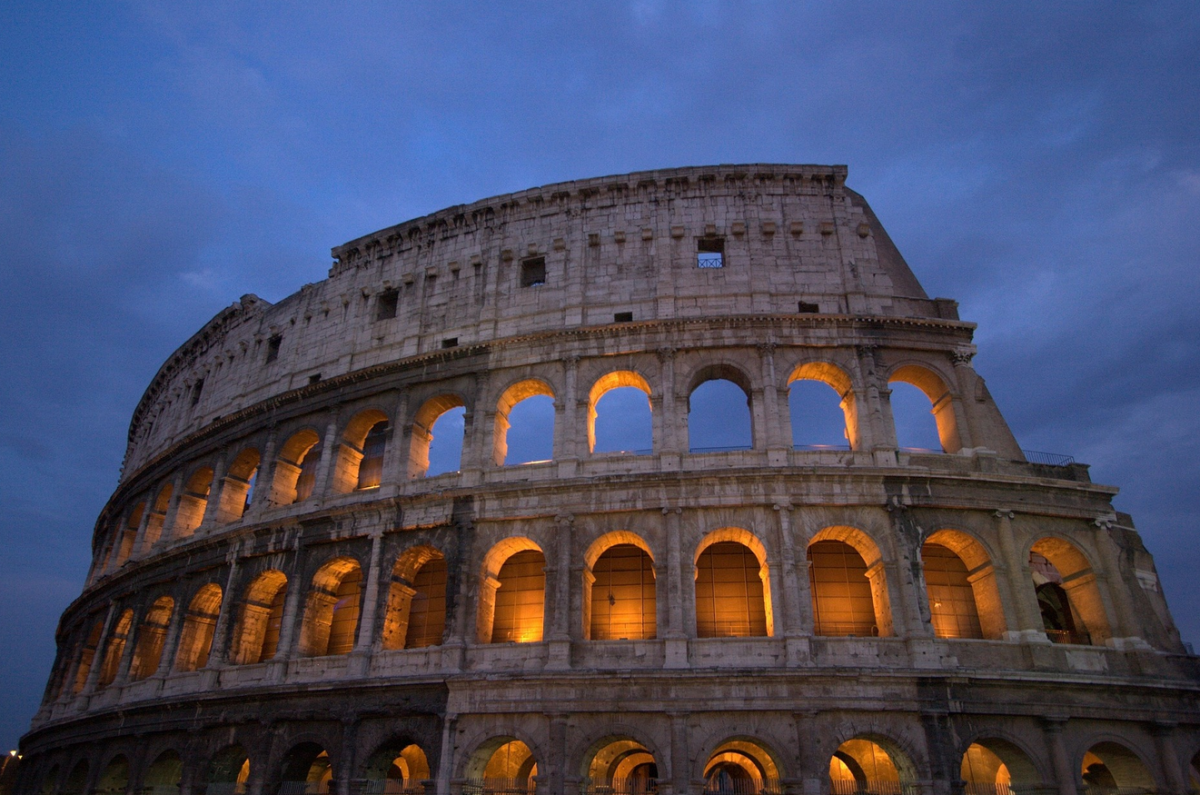
It’s Riddle Time – You Might Need an Extra Cup of Coffee!
Nobody has ever walked this way. Which way is it?
Do you think you know the answer to our daily riddle? Don't spoil it for your neighbours! Simply 'Like' this post and we'll post the answer in the comments below at 2pm.
Want to stop seeing riddles in your newsfeed?
Head here and hover on the Following button on the top right of the page (and it will show Unfollow) and then click it. If it is giving you the option to Follow, then you've successfully unfollowed the Riddles page.

The tiger who came to tea
Trays are such a useful item to have in the home – they are obviously great for serving food and drinks, particularly breakfast in bed! Find out how to create your own with Resene wallpaper and Resene Colorwood wood stain with these easy step by step instructions.

What's your favourite recipe for courgettes?
Kia ora neighbours. If you've got a family recipe for courgettes, we'd love to see it and maybe publish it in our magazine. Send your recipe to mailbox@nzgardener.co.nz, and if we use it in the mag, you will receive a free copy of our January 2025 issue.

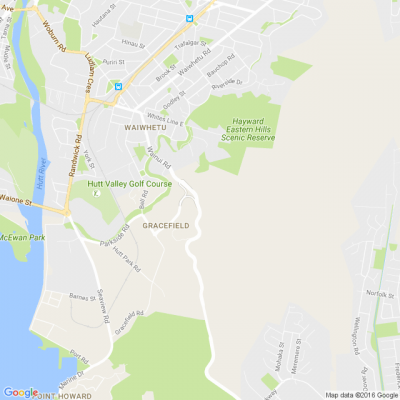
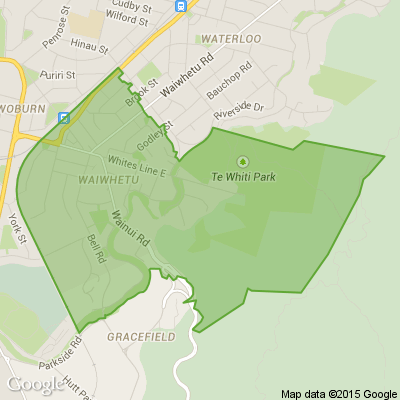





 Loading…
Loading…